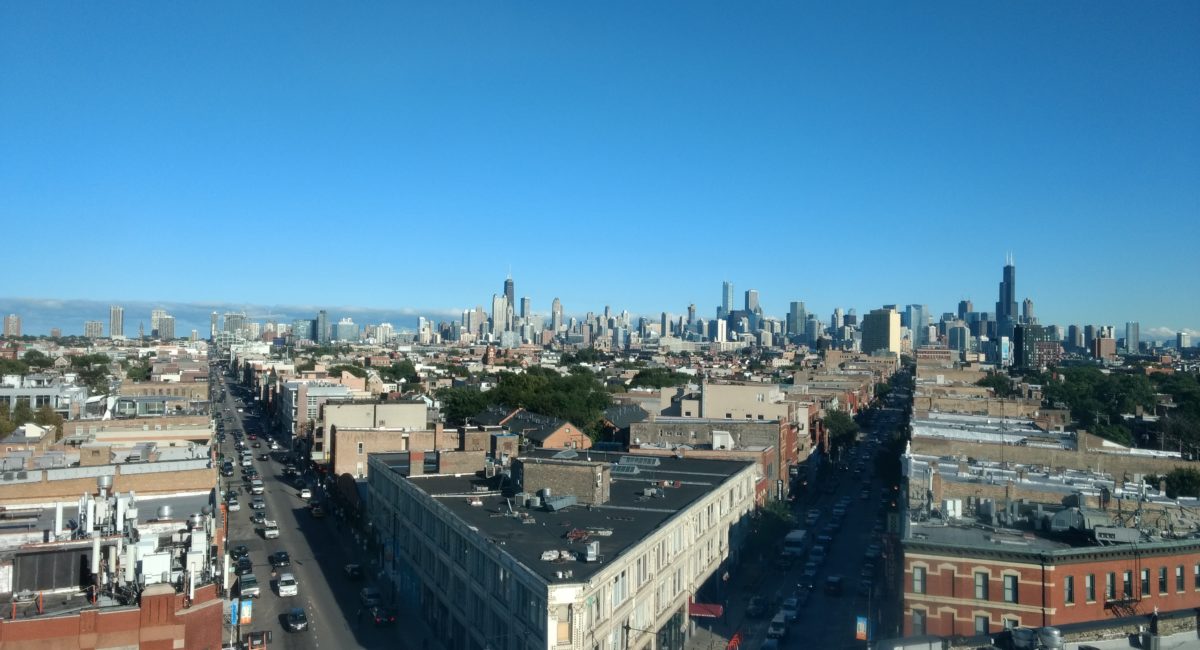Illinois legalizing cannabis? That’s the plan according to governor J.B. Pritzker’s just announced proposal to legalize adult-use marijuana on January 1, 2020. The law would go into effect on New Year’s Day 2020 and operational licenses would be doled out beginning in the summer of 2020 according to initial reports. Illinois would become the 11th state in the U.S. to legalize cannabis, becoming the second Midwestern state to legalize behind nearby Michigan. Did we mention we’re hosting a panel in Chicago this week on cannabis in Illinois? We know you guys will have questions about licensing, Illinois. We’re here to help.
Illinois legalizing cannabis could look like what?
Here’s a quick look at what the proposal would entail:
- Licenses would be available for cultivation facilities, craft growers, processors/rendering facilities, dispensaries/stores (called dispensing organizations) and transporters.
- As mentioned, the first wave is planned in summer 2020, the state would award licenses for up to 75 stores, 40 processors and 40 craft growers.
- In a second wave in December 2021, the state could issue licenses for 110 stores, 60 craft growers and 60 processors.
- No entity or individual could hold an interest in more than three cultivation centers or 10 stores.
- Consumers would pay a 10% retail tax for cannabis with a THC level at or below 35% as well as a 20% tax for cannabis-infused products. Growers and processors would pay a 7% tax to retailers.
- A $20 million, low-interest loan program would be developed to focus on “social equity,” or diversifying ownership.
Illinois legalizing cannabis further cements Midwest as THE emerging cannabis market
Long-time readers know our enthusiasm on the Midwest. If you’re new to the blog, understand that between Oklahoma’s medical marijuana bonanza, Michigan’s blossoming medical (and adult-use) markets, Missouri’s medical marijuana window opening and now Illinois opening adult-use, the Midwest is ripe with opportunity in the plant-touching arena.
Illinois, which has allowed medical marijuana since 2013, would become the second-largest adult-use cannabis market in the country behind only California upon legalization. Chicago, “that toddlin’ town” on Lake Michigan’s western shores, with its population of 2.7 million or so offers a tantalizing opportunity all on its own. Something, we’re sure, that Green Thumb Industries, Cresco Labs and Verano are excited about.
Something that we’re notably impressed by in Illinois is the state’s dedication to social equity. The bill proposes expunging up to 800,000(!) low-level marijuana-related crimes, as well as its commitment to controlled growth with an emphasis on minority-led ownership and on “craft” cultivation. In addition to the expungements, there will be a $20 million low-interest loan program to empower minority-led ownership groups with the financial resources they need to succeed in the industry.
About that “craft” cultivation idea… The plan’s “double roll-out” of licensing would be an effort to give smaller, minority-owned and local businesses a leg up competitively, before opening additional, but still unclear if MSO-run businesses, licensing at the end of 2021. This move is evocative of Michigan’s own adult-use legalization which gave preferential consideration to established and Michigan-only businesses.
Illinois legalizing cannabis would help state’s coffers
Pritzker’s plan would seek to help the state of Illinois’ coffers, too. It’s no secret that Illinois has seen some financial struggles in the past 15 years. [insert Mayor Daley’s parking meter debacle joke here] But revenue from taxing cannabis would help the state to shore up state offices and infrastructure. As the bill stands, 35% of tax revenue would go to the state’s General Fund, 25% would be earmarked for community reinvestment, 20% for mental health and substance abuse programs, 10% to unpaid state bills, 8% for law enforcement training and 2% to drug education programs.

